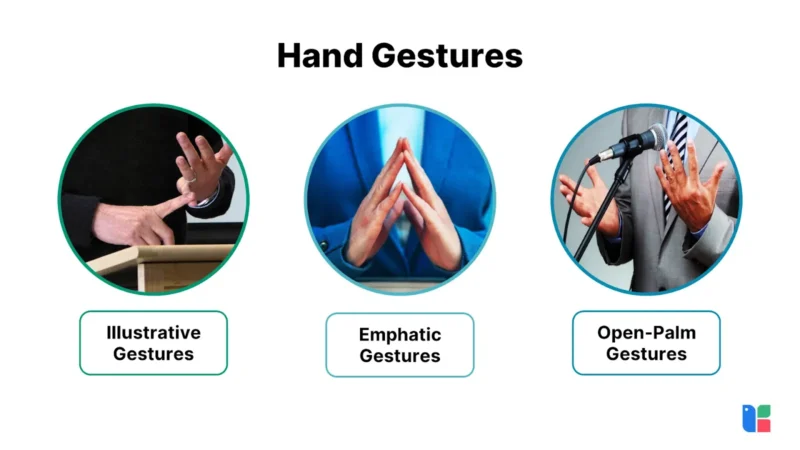What Can MOOCs or Massive Online Open Course Do For You?
Are you one of the 1.4 million students who have gotten onboard with the latest education craze? Massive Online Open Courses affectionately referred to by students around the globe as their shortened acronym – MOOC. The classes have grown into somewhat of a movement buoyed by the ease of online access around the world and the philosophy that education should be a right available to all.
How Did MOOCs Start?
Private California research and teaching school, Stanford University was one of the first schools to test pilot such classes when, in this year, it offered an online computer science class open to any individual who wanted to sign up for it. There was no stipulation of age, enrollment status, or geography for that matter. More than 160,000 students from around the world registered for the class. The cost? Absolutely free. This explains much of the draw not only of that particular course, but also the ones that have followed.
Today, high school students, college students, professionals and retirees alike can flex their craniums with a wide range of diverse course topics such as advanced cryptography, The Language of Hollywood, or even Canine Theriogenolgy (to help better understand the reproductive health of your pet), just to name a few.
A number of companies have since joined the fray, partnering with recognized universities and professors to offer education classes to the masses. Here’s a quick look just a few of the companies you can go to find your next MOOC.
Company’s Offering MOOCs
Udacity – Udacity’s mission is to bring accessible, affordable, engaging, and highly effective higher education to the world. The got its start at Stanford University with that very first MOOC class that drew hundreds of thousands of registrants. Today Udacity offers basic, intermediate and advanced courses in business computer science, design, mathematics and science.
Coursera – Another MOOC provider is Coursera, the company’s stated goal is to connect the world to great education. To facilitate that goal, the company partners with well-known colleges and universities and uses its platform to connect millions of students with professors each year. Students can take classes on subjects from math, to humanities to computer science.
edX – edX is yet another MOOC that is based in Cambridge, Massachusetts and founded by partners from both Harvard and IT. The nonprofit company and offers MOOCs in subjects like engineering, public health, artificial intelligence, history and many more.
Pros and Cons of MOOCS
Individuals who take part in MOOCs can arguably learn a lot at very little cost, but students who are hoping to gain proficiency, or a degree in a certain topic would be well advised to go about it through traditional educational channels. Those who complete MOOC courses often receive a certificate not any class credits for completing the courses, which may make MOOCs a better vehicle for bulking up a resume, exploring a new career path or broadening intellectual horizons.
Kristy Hessman is a freelance writer based in Northern California who blogs about education issues for YourSash.com a leading provider of graduation sashes and graduation stoles.





